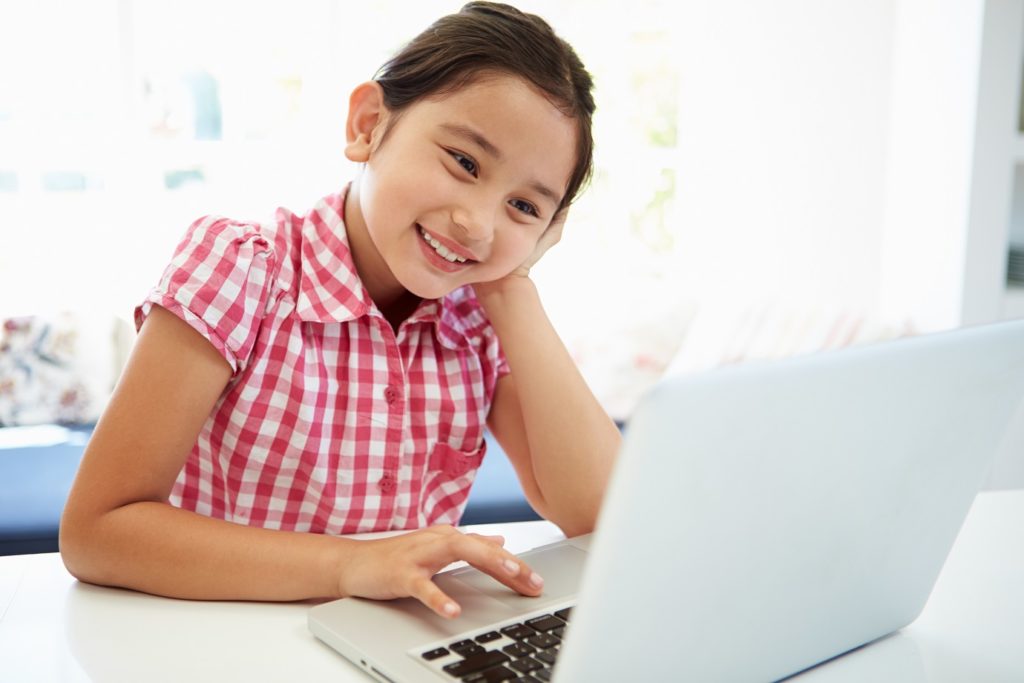It’s impossible to overstate the importance of digital spaces in today’s interconnected world.
COVID-19 has seen many of us shifting our lives even further online through necessity – with both positive and negative consequences.
While social media has certainly helped keep us feeling connected to one another and the outside world during prolonged lockdowns – living through our computers has also left many exposed to new risks and increased exposure to false information. The pandemic has only heightened the dangers of the spread of false information online.
When one of the young people we work with told me of the myriad of falsehoods and conspiracy theories around COVID-19 she was exposed to online it came as no huge surprise to me that she was hesitant to get vaccinated. What I didn’t realise is how widespread misinformation had become or how harmful it was proving to be to children all over the world – and in particular to girls.
A global survey of 26000 girls in 26 countries carried out by Plan International called The Truth Gap found while that more than half of the girls surveyed (55%) regularly engage with COVID information online, of those one in four had questioned whether to get vaccinated based on misinformation they had read on the internet.
But the damaging impacts of misinformation on girls goes way further than just COVID.
Every day, girls and young women online are bombarded with lies and stereotypes about their bodies, who they are and how they should behave. Images and videos are manipulated to objectify and shame them. Rumours are spread as a form of abuse. And girls have a very real fear that fake events and profiles will lure and trick them into danger offline.
In Australia, where 1001 girls were surveyed about the impacts of false information online, 95% said they were concerned about it’s impacts on them and 86% said it had a negative impact on them personally. The topic that most Australian young women had seen false on is COVID-19 (53%), followed by climate change (38%) and racial stereotyping (37%).
Moreover, the survey results showed that prolonged exposure to such information can leave girls and young women lacking in confidence of just what to believe. One in four felt less confident to share their views after being exposed to online lies. One in five (18%) stopped engaging in politics or current affairs altogether as a result. And for one in five (19%) it undermined their trust in election results.
The spread of false information online has real life consequences. No wonder we are regularly seeing election results questioned around the world, as we recently witnessed in the USA. The impact of false information is corrosive, undermining young people’s confidence to take part in public life. It is dangerous, it affects girls’ mental health, and it’s yet another thing holding them back.
Many of the young girls surveyed said that false information online makes them depressed, sad, and anxious and that there are no online sources they feel they can absolutely trust. For young people making important life decisions — planning their future in terms of education and careers, deciding who to vote for and needing advice about sexual and reproductive health — access to reliable, factual information is absolutely fundamental.
One of the key problems here is that neither government’s or social media companies have equipped users with the tools and education to navigate false information online. That’s why Plan International is calling on governments and social media companies to urgently prioritize digital literacy – these skills need to be taught in our classrooms from Primary School age and constantly identified and addressed in online spaces.
Young people want the skills to navigate false information online. And they want all children to be taught digital literacy skills to prevent the spread. We need to equip girls – and all children – for an increasingly digital world.
Susanne Legena is CEO of Plan International Australia, the charity for girls’ equality


